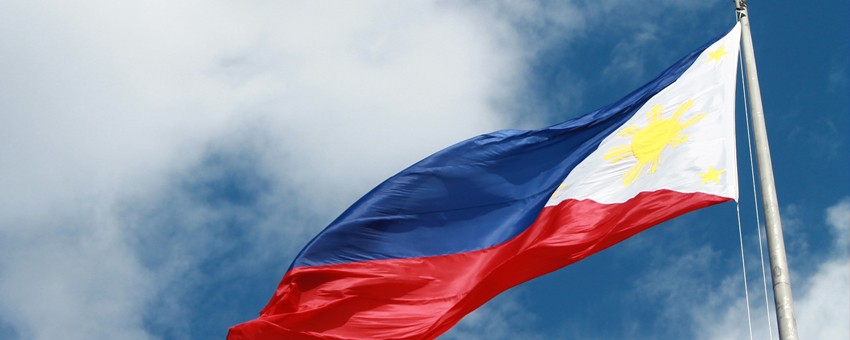
"The construction industry is undeniably a fulfilling yet dangerous one. It is the duty of both the private and the public sector to create a 'culture of safety', not just within our own companies, but all over the country. Safety is a domain wherein we should work together, instead of compete."
These are the strong statements of Republic Cement CEO and President Nabil Francis during the Future Cities Forum & Innovation in Infrastructure Congress organized by The European Chamber of Commerce of the Philippines (ECCP) in partnership with the EUPhilippines Business Network (EPBN) at the Solaire Resort Hotel from the 16 -17th of August 2018.
In 2013, data from the International Labor Organization (ILO) show that the Philippines lost as much as 66,000 operational days due to cases of occupational injury which resulted to temporary incapacity for work.
"This leaves individuals and families economically vulnerable, creating a double burden of injury and loss of livelihood. If we are to help the Philippines set up quality infrastrucUirc, we need to demonstrate our expertise in creating a safe, secure work environment," added Francis.
In my 20 years of experience in the global construction industry, excellent safety practices are immediately followed by good business results. Our safety compliance undeniably reflects how we run our business. Progress is anchored on safety," added the CEO.
In 2017, Republic Cement achieved a zero fatality rate with only two lost time injuries in all aspects of its operations, representing a frequency rate of workrelated accidents equivalent to. 11 per million manhours, a highly satisfactory performance compared to national data.
According to Francis, creating a culture of safety goes beyond punishing those who fail to comply with safety protocols. It is to create an encouraging ecosystem that fosters safetyinand out ofthe company. This affects all employees across the board.
Republic Cement recognizes the importance of three areas to create a culture of safety within the company: Education, Recognition, and Sharing.
Republic's education on safety begins in the Philippines' first safety induction center that was established to train external conductors and suppliers. Only those that pass the practical and theoretical courses get accredited and can conduct business with Republic's plants. Republic s OPEX University, with close supervision from TESDA (Technical Education and Skills Development Authority), also attends to all training requirements of professionals in the cement industry.
Safety is also recognized within the company through Republic's Golden Hard Hat campaign. Encouraging more mindful work and attention to safety excellence, the campaign rewards deserving employees for exceptional safety behavior and performance.
To ensure that safety is practiced across the region, Republic shares its best practices during the CRH Asia Pacific Safety Best Practice Meeting. Within the group, leaders in health and safety from China, India, Malaysia, and Singapore come together to discuss safety protocols in the different markets. The company also founded the Republic Contractors Safety Guild with key partners to promote a culture of safety through forums led by safety experts.
"As we strengthen our culture of safety within our company, I also welcome my colleagues in the industry to discuss, collaborate, and share their practices in safety," concluded Francis. "We all need to learn from each other."